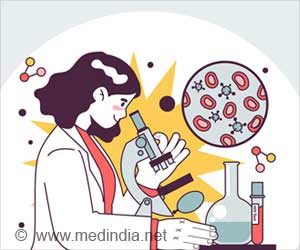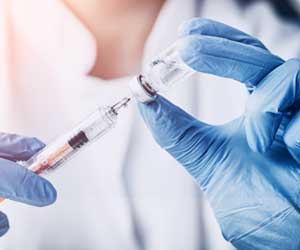An Indian-origin researcher says that she has gained fresh insights into the role of human immune cells known as plasmacytoid dendritic cells (pDCs) in the anti-HIV immune response.
An Indian-origin researcher at New York University says that she has gained fresh insights into the role of human immune cells known as plasmacytoid dendritic cells (pDCs) in the anti-HIV immune response.
Nina Bhardwaj says that pDCs become activated when they interact with HIV, secreting large amounts of the soluble factor IFN-alpha, which is a key component of the anti-HIV immune response.However, in vitro studies have shown that HIV-1-stimulated human pDCs induced uncommitted CD4+ T cells to become Tregs, which are T cells that suppress immune responses.
The researchers have also observed that pDC-induced Tregs inhibited the in vitro maturation of bystander conventional dendritic cells that are central to the initiation of immune responses, providing insight into one mechanism by which these cells could dampen the anti-HIV immune response.
Based on their observations, the researchers came to the conclusion that pDCs have two distinct roles in the anti-HIV immune response: they potentiate the anti-HIV immune response via the production of IFN-alpha and are likely to limit excessive immune activation, which can be harmful, via the induction of Tregs.
Source-ANI
SRM















